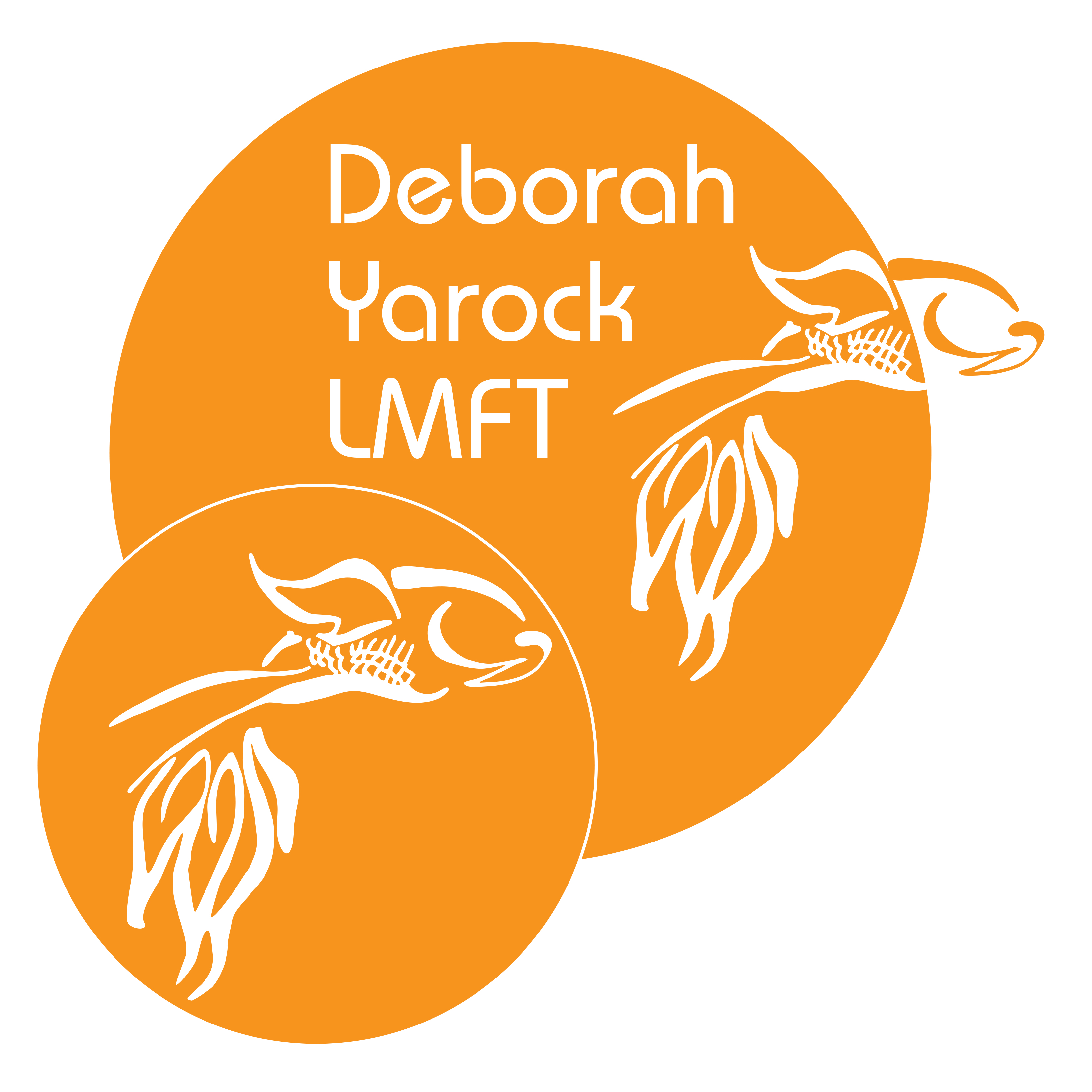 I recently attended a workshop on Trauma, Attachment and Neuroscience with Dr. Bessel A. van der Kolk, a highly respected leader in the field of trauma. As I reflected on what I appreciated most about the workshop, it was the reminder that when considering best approaches in the treatment of our clients, doing what works is the most important thing to consider.
I recently attended a workshop on Trauma, Attachment and Neuroscience with Dr. Bessel A. van der Kolk, a highly respected leader in the field of trauma. As I reflected on what I appreciated most about the workshop, it was the reminder that when considering best approaches in the treatment of our clients, doing what works is the most important thing to consider.
I remember a dream message I received when I was a student in graduate school, and began to practice therapy. The message was clear and direct: “Deborah, do what you do and do it well. This will become your theory. It has.
Our clients, like us, are highly diverse. Temperaments vary, as do peoples’ historical backgrounds and orientations to life. There are no correct universal templates for psychological healing. I am always reminded that what works well for one person, can be completely foreign and counterproductive for another.
For example, highly verbal and narrative approaches to therapy, while great for many, are not necessarily great for everyone. Some folks experience and process life primarily through their physical bodies. For them, (and others), somatic approaches to healing can be more beneficial.
As a therapist, I try to stay as close to myself as possible. Because I enjoy the creative parts of my mind, when appropriate, I encourage the use of creative arts in and out of sessions. Through writing, music, visualization, etc. People are often able to calm their critical minds and gain access to disowned or repressed parts of themselves.
Most critical to success in therapy though, is a good match between therapist or counselor and client. A partnership that discourages the duality of “doctor as expert and patient as recipient “ is vital to the health of the relationship…. In partnership, two or more people can creatively carve out the best directions for healing and in the process, encourage stronger client efficacy. To do so, we as therapists must be willing to be wrong, to be corrected, to humble ourselves, and to set “pathology” aside in order to trust in our clients’ innate strength and wisdom.
Please share your thoughts. I like hearing from you. Thanks




